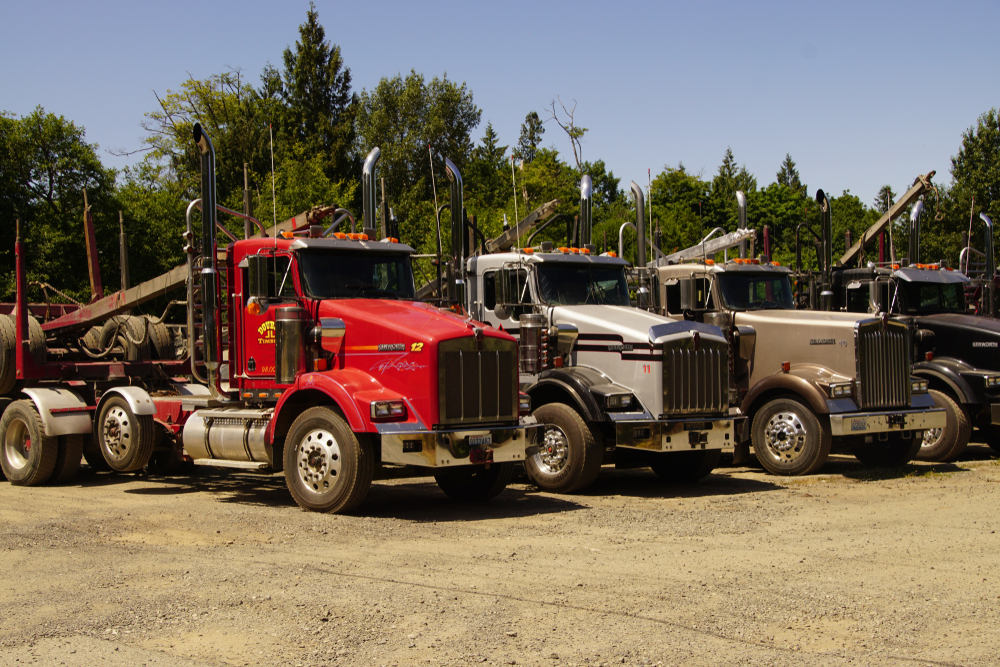The Challenge of Independent Contractor Status
For many truck drivers, becoming an owner-operator represents independence and financial opportunity. However, for trucking companies that lease services from these drivers, navigating the rules of truck owner-operator classification is complex. Misclassification can result in heavy penalties, including back taxes, wages, and benefits.
The difficulty lies in balancing federal safety regulations—which require carriers to exert control over drivers and equipment—with labor laws that penalize excessive control, as it may imply an employer-employee relationship.
Shifting Federal Standards
The definition of an independent contractor versus an employee has shifted depending on the administration:
- Trump Administration: Emphasized two key factors—control over work and opportunity for profit/loss. This approach favored contractors, as workers who could set schedules, negotiate rates, or accept/decline jobs were often considered independent.
- Biden Administration: Returned to the traditional six-factor test, weighing all criteria equally. These include control, profit/loss opportunity, investments, permanence, skill, and whether the work is integral to the business. This framework often tilted toward employee status.
- Trump’s Second Term: The Department of Labor announced it would no longer enforce Biden’s rule, but it remains relevant in private litigation until a new rulemaking is completed.
Why “Integral Work” Complicates Trucking
A key factor in many tests is whether the worker performs tasks that are integral to the business. In trucking, delivering freight is undeniably core to operations, making it harder to justify classifying drivers as independent contractors—especially under stricter state rules such as California’s ABC test, which requires all three conditions to be met for contractor status.
Best Practices for Motor Carriers
Experts stress the importance of strong documentation and carefully crafted agreements to reduce misclassification risks. Recommended steps include:
- Use independent contractor agreements tailored to trucking. Agreements should be drafted by attorneys experienced in the industry.
- Ensure business-to-business structure. Independent contractors should form LLCs or corporations to emphasize separation.
- Differentiate employee and contractor roles. For example, use employees on dedicated routes but contractors for specialized services like heavy haul.
- Avoid providing company-owned equipment or insurance. Contractors should supply their own trucks and coverage.
- Limit company control. Allow contractors to reject loads and work with other carriers.
Pitfalls to Avoid
- Copying outdated or non-industry agreements.
- Treating contractors and employees interchangeably.
- Leasing equipment directly to contractors.
- Exercising excessive control or supervision.
- Offering insurance or benefits through the carrier.
- Waiting too long to involve an attorney.
Why Specialized Skills Matter
Courts are more likely to view contractors with unique skills—such as oversized load handling or temperature-controlled freight expertise—as independent. Agreements should emphasize these specialized services to strengthen contractor classification.
Source:
https://www.truckinginfo.com/10245942/walking-the-fine-line-on-owner-operator-classification











Leave a Comment